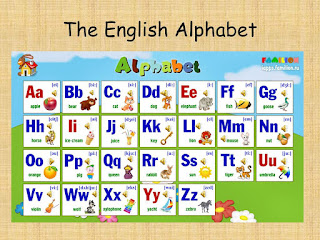The Help: The Long Way to Equal Rights
"Skeeter" Phelan (Emma Stone) is a middle-age woman who is different from all the other women her age living in Jackson, Mississipi. She is a writer, much more open-minded than her peers who are content with being housewives and having black women raise her children instead of doing that themselves so they can dedicate to their limited but apparently very important (to them) social lives. Tired of seeing so much injustice Skeeter decides to write a book in which she exposes the hipocrisy of the society of that time and place and the intense but concealed racism that whites used to deal with black maids who in that time where collectively deemed as The Help (hence the title of the movie and the novel on which was based by then newcomer writer, Kathryn Stockett).
This film is an impudent light that tells an "unglorious" part of the U.S. society of the early sixties that still striving to uphold the ideals of equality and freedom that supposedly were the foundation of their beliefs. This time of transition is wonderfully depicted in this movie which offers several things at once (even humor) but essentially superb performances. Emma Stone makes her character seem a woman from a different time: stubborn, committed yet sweet and even tender. Viola Davis in the role of the stoich but generous Aibileen Clark sometimes looks like she cannot suffer anymore and still is determined to continue working until she drops dead. Her friend, Minnie, played by Octavia Spencer who won an Oscar for her performance, is at times the comic relief but is also another compelling character and finally Bryce Dallas Howard who plays the obnoxious Hilly Holbrook who does everything she can to maintain the cruel status quo that forced black people to accept humiliations, insults and even false accusations.
It is a movie with a bittersweet ending since after all the film intends to depict some of the sins that the U.S. society had. Even to these days some members of that society seem to be a bit reluctant to accept the fact that everyone is truly born different. That all of us were equal in appearance would be really boring.
Four out of five stars for this one.




Comments